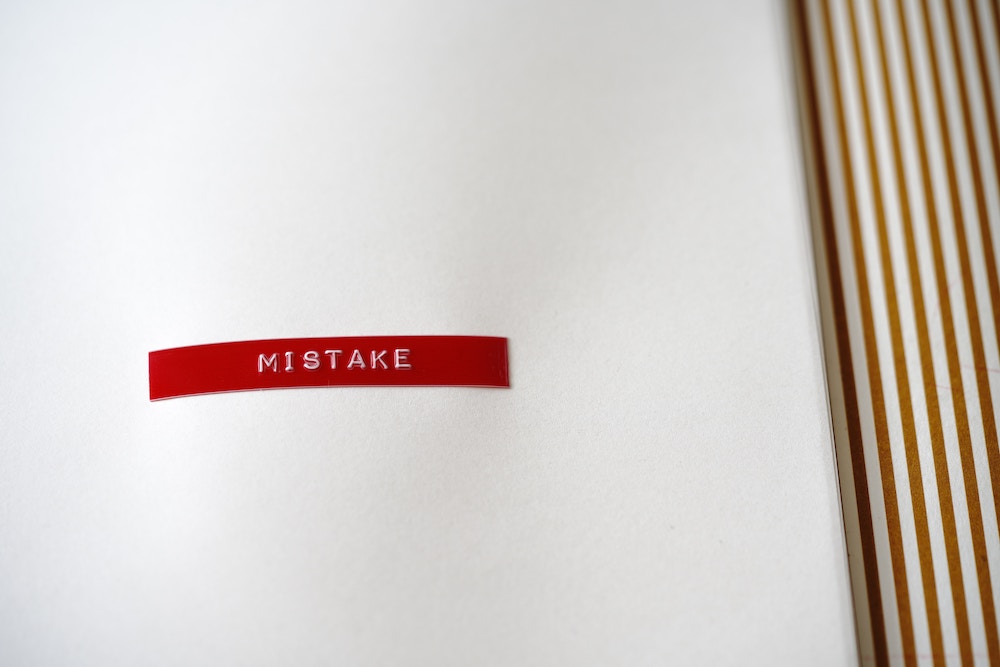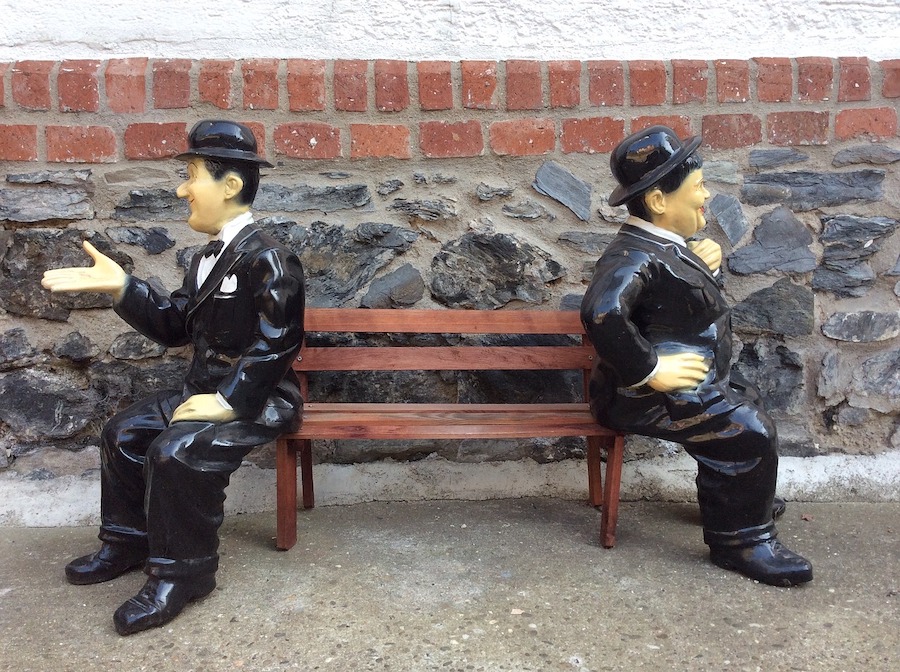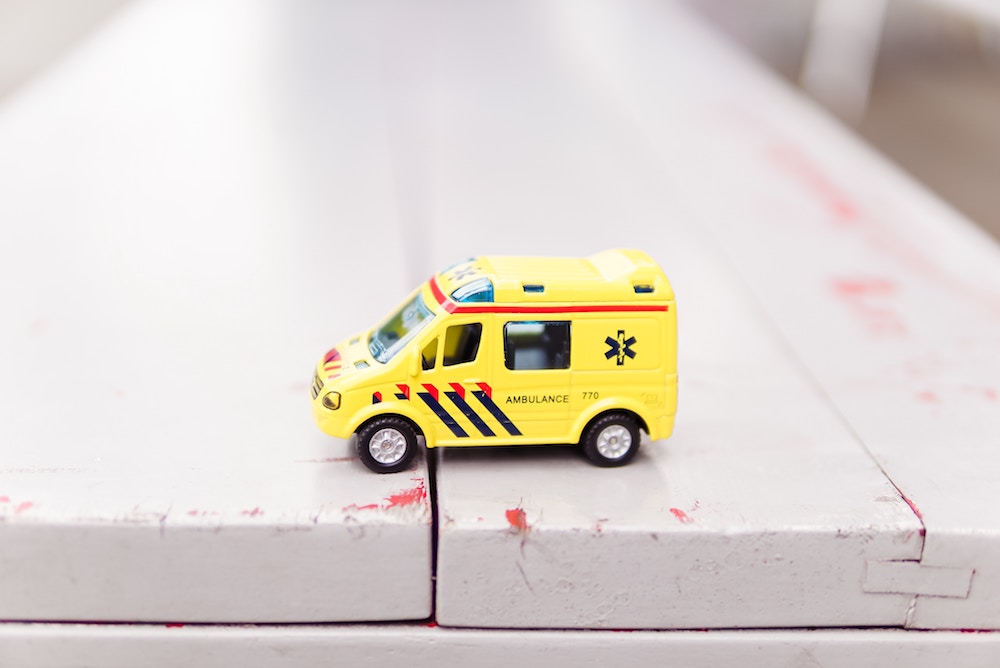
The professionalism of general practitioners continues to be undermined as increasingly we are treated as naughty children who need to be brought into line. Two issues have highlighted this for me recently.
I used to think that it was bank robbers and murderers who got sent to prison but now it seems that, by virtue of my being, for CQC purposes, the registered manager of my practice, I could theoretically go to prison for the heinous crime of pouring a urine sample down the sink in my room. This is despite the fact that this cavalier attitude of mine has never done anyone any harm. Furthermore I am advised that I could be up on fraud charges for wantonly consulting with an 85 year old lady at what is, for her, a more convenient time than the 7:40pm appointment she had booked under Advanced Access arrangements.
This is, and I hope you’ll excuse the strong language, blinking stupid.
We are having to do things for no other reason than someone, somewhere, demanding that we do. And we are being cowed into submission merely to satisfy their agenda and justify their existence.
And not only is it stupid, it’s also depressing and anxiety provoking.
The less control you have on your work, the more stressed and depressed you become.
In his book ‘Lost Connections‘, on the causes of depression, Johann Hari makes the point that “human beings need to feel their lives are meaningful – that they are doing something with purpose that makes a difference”. He quotes a study from the 1970s by Michael Marmot who, investigating stress in the workplace, found, perhaps counterintuitively, that “the lower an employee is ranked in the hierarchy, the higher were their stress levels”. It turns out that the less control you have on your work, the more stressed and depressed you become. “When you are controlled, you can’t create meaning out of your work.”
Hari describes a group of people who worked in a bike store who, depressed and anxious as a consequence of being ordered around by their boss, decided to break away and set up their own bike store – one where decisions were made collectively. By giving themselves autonomy and control over their work, they reaped huge psychological benefits for themselves.
So what of general practice? Like those bike store workers we too are being controlled by others and made to work in ways with which we disagree and in which we see no value. And it is depressing. This extends to much of our clinical work.
Des Spence, writing about the GP workforce crisis in the BJGP identifies the need to reverse the escalating patient demand in what he describes as “today’s largely disease-free Britain”. Unsettlingly, he lays the blame for the increased health seeking behaviour of patients on the clinical practice of we GPs who, by encouraging the medicalisation of human existence, fuel health anxiety and make patients increasingly dependent upon us. Rather than too few doctors, Spence suggests “there is too much medicine” and that “iatrogenic harm is the spectre in today’s world of polypharmacy for all”. He asserts that “the debate about workload in general practice should in reality be a debate about clinical practice” and that if “we want to reduce stress and workload the solution is…to prescribe less, intervene less, and refer less”.
Often we find it hard to stop behaving in ways that perpetuate the problem of an over dependence on medicine.
It’s a compelling viewpoint and yet too often we find it hard to stop behaving in ways that perpetuate the problem of an over dependence on medicine. As Bob Dylan once growled “I’ll go along with the charade until I can think my way out”. But thinking your way out can sometimes be hard.
Alan Jacobs has written of how, once established, the consensus is hard to challenge because we naturally tend to avoid the psychological discomfort of disagreeing with what’s generally believed. To think effectively we need to shrink this “hypertrophic instinct for consensus.” but, claims Jacobs, “given the power of the instinct, it is extremely unlikely that [we will be] willing to go to that trouble”. Jacobs says the “instinct for consensus is magnified and intensified in our era because we deal daily with a wild torrent of what claims to be information but is often nonsense”. T.S. Eliot wrote, “When there is so much to be known…when everyone knows a little about a great many things, it becomes increasingly difficult for anyone to know whether he knows what he is talking about or not.” And in such circumstances, Eliot continues, “when we do not know enough, we tend always to substitute emotions for thoughts”.
By giving ourselves autonomy and control over our work, we will, consequently, bring about genuinely better health for our patients and happier working lives for ourselves.
This is what GPs need to do. We need to practice patience and master fear and thereby do things differently. We need to practice medicine in the way those bike shop workers did, resisting the ‘hypertrophic instinct for consensus’ and with it the demand to behave in ways that are imposed on us by government, pharmaceutical companies and society as a whole. We need to make collective decisions on how to practice based on what we know as GPs to be true, that medicine hasn’t all the answers. And by giving ourselves autonomy and control over our work, we will, consequently, bring about genuinely better health for our patients and happier working lives for ourselves. Just think of the benefits – we could even keep pouring urine down the sink!
But to do so will be uncomfortable – speaking the truth often is – but it would mean we were being professional.
And professional is what we must be allowed to be.













5
Fabulous
keep thinking, writing and publishing please
Rebecca
Many patients have been forced to congregate online in the prescribed dependent and harmed community to seek help and support from each other as they try to withdraw from drugs of dependence (antidepressants and benzodiazepines). Many have stopped trying to engage with prescribing doctors other than to collect a prescription. Some do not even tell their prescribing doctor that they have to taper at an extremely slow rate because they cannot cope with the horrendous symptoms of trying to taper any faster. We have formed a campaign group and have submitted petitions to the Welsh Assembly and Scottish Parliament. We have liaised with the BMA and welcome the Public Health England year long review, only recently announced. We are alarmed at the ever-increasing rates of antidepressant prescribing and the inadequate research base for the NICE tapering guidelines. We were dismayed by the recent widespread media coverage of the Lancet meta-analysis of antidepressants by Prof Pariante and colleagues. suggesting one million more patients should be taking these drugs. This on the basis that antidepressants have now been shown to be somewhat effective over 8 weeks for major depressive disorder, a finding that is not new. Many of us are extremely sick, I am housebound and disabled and spend much of my time in bed due to drug withdrawal. Dr Des Spence has been the only GP so far to publicly support our Scottish petition. We are extremely grateful to him for this. The question I have is why are sick and disabled patients having to do this at all? Why are our politicians and indeed practising doctors not standing alongside us as we seek a better way of dealing with the social and economic problems of our day? Johann Hari, Glaswegian born, has written a very important book. Sadly I cannot read it due to brain damage and cognitive impairment. Profs Wendy Burn and David Baldwin, RCPsych wrote in the Times on 24 February that antidepressant withdrawal symptoms resolve in two weeks, this is completely untrue. Campaigners asked for the evidence supporting this claim, they were sent two research papers which comprised only short term studies. Patients are being left in dreadful states of ill-health due to drugs of dependence and this must be something that every GP in the country is acutely aware of. Something needs to change and it needs to change very soon.
I enjoyed your thoughtful and thought-provoking article Peter. You speak of “the demand to behave in ways that are imposed on us by government, pharmaceutical companies and society as a whole”. There is another, powerful “demand” that you do not mention – the demand to conform to medical ideology. The medical profession – of which we both are members – is a powerful brotherhood, one that expects compliance from its members, and can quickly resort to punishing those that would dare speak out in ways that might be construed as against the overriding will and ideology of the medical profession. This brotherhood also reacts strongly to members of the public whose words might – often unintentionally – threaten the dominant position of the medical brotherhood. You mention Johann Hari. A leading psychiatrist wrote in a mainstream UK newspaper that Johann Hari was just plain “wrong”; and another psychiatrist referring to him as having “no empathy”. In the public interest, this medical brotherhood and its errant ideology in relation to mental health much be seriously challenged, regardless of the reality that those who challenge can expect a backlash, as I understand the other person you mention in your article – courageous GP Des Spence – has himself experienced.
4
Marvelous! The gradual deprofessionalisation of my role was my greatest sadness in my 30 years as a UK GP. However it seems to be part of a broader social trend and I am not at all sure how to reverse it. Retaining a strong belief in the value of what we do is a good start I guess.
4.5